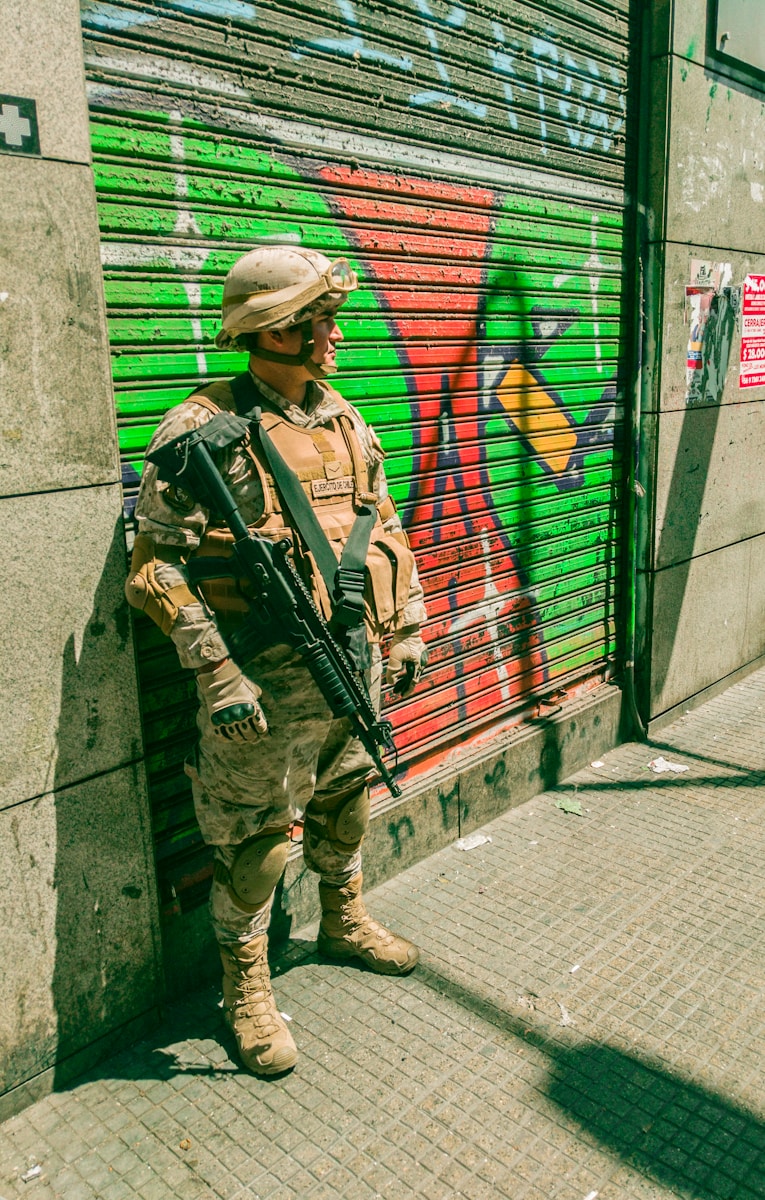Key Takeaways
- President Trump has floated sending federal troops into Democratic-led cities.
- Illinois and Maryland leaders firmly reject any federal occupation of their streets.
- Historian Garrett Graff links these moves to a broader pattern of authoritarian rule.
- Many worry a federal occupation ignores local experts and harms community trust.
Is Trump Planning a Federal Occupation of Cities?
President Trump already sent military-style forces into Los Angeles and Washington, D.C. Now he threatens to do the same in Chicago and Baltimore. Yet Illinois Gov. J.B. Pritzker and Chicago Mayor Brandon Johnson refuse to let U.S. troops march on Michigan Avenue. Maryland Gov. Wes Moore says Baltimore’s police, not the military, should keep the streets safe.
Governors and Mayors Push Back
In Illinois, Gov. Pritzker made it clear he does not want a federal occupation in his state. Mayor Johnson agrees. They both say local officers know their neighborhoods best. In Maryland, Gov. Moore stressed that the Baltimore Police Department should handle law enforcement. He warned that bringing in the National Guard or U.S. troops would only scare residents.
Moreover, Philadelphia District Attorney Larry Krasner told a news outlet that the president has no legal route to federalize Philly’s police. He warned, “He better not try it here.” Across party lines, local leaders feel the same way: federal forces are not welcome on home soil.
How Troops Shut Down Streets
When federal agents appeared in D.C., they wore combat gear. They formed a mixed task force from ICE and other agencies. They stopped people at Metro exits and demanded ID checks. Soon, a heavy armored vehicle crashed into a civilian car. In addition, the National Guard began to carry weapons openly.
As a result, tourists vanished. Shops closed. Families avoided parks and museums. The presence of armed agents turned busy blocks into ghost towns. Instead of feeling protected, people felt watched. This harsh tactic showed how a federal occupation can disrupt daily life.
Experts Warn of a Growing Federal Occupation
Historian Garrett Graff says these moves are not isolated events. He sees them as part of a wider trend toward authoritarian rule. According to Graff, President Trump acts like a king who declares, “I am the state.” He ignores advice from law enforcement experts, museum curators, educators, and library officials.
Graff pointed to Trump’s effort to micromanage sports. After playing golf with Roger Clemens, the president tweeted that the baseball star deserved a Hall of Fame spot. This, Graff argues, shows how Trump thinks his personal view is the only one that counts. He believes his taste should shape museums, theaters, and even school libraries.
Consequently, experts warn that a federal occupation is more than a show of force. It marks a shift where local voices get pushed aside. Instead of working with city leaders, federal agents act on orders from the top. In turn, this approach erodes trust and undermines democracy.
What Comes Next for U.S. Cities
As of now, Chicago and Baltimore remain calm. Local leaders stand firm. Yet the threat of a federal occupation still hangs over them. If Trump moves forward, legal battles will follow. Governors and mayors could sue to block troop deployments. The courts may have to decide if the president can override state authority.
In the meantime, residents watch nervously. They worry about sudden checkpoints, armed patrols, and lost business. Small shops and restaurants could suffer. Tourists may stay away. Most of all, families fear that daily routines will turn into tense encounters with masked agents.
Furthermore, analysts say the real danger lies in setting a precedent. Once one city falls under a federal occupation, others may be next. Such a step could open the door to more interventions in American communities. It could also weaken the idea that local leaders know best how to protect their citizens.
Finally, many believe it is time to strengthen local law enforcement through training and funding. They argue that building trust and cooperation beats heavy-handed tactics. By investing in community policing, cities can reduce crime and keep residents safe without risking a federal occupation.
Frequently Asked Questions
What does a federal occupation mean?
A federal occupation happens when the national government sends military or paramilitary forces into a city. These forces take control of law enforcement duties from local agencies.
Can the president send troops into U.S. cities?
The president can order federal troops under certain laws. However, he usually needs state approval or must show a clear threat that local police cannot handle.
Why are governors and mayors opposed to a federal occupation?
They believe local leaders understand their communities best. They worry that outside forces will harm trust, disrupt daily life, and ignore local needs.
What might happen if a federal occupation goes ahead?
Legal battles could block the move. If it succeeds, residents could face armed checkpoints and patrols. Local businesses and tourism might suffer, and community trust could erode.
